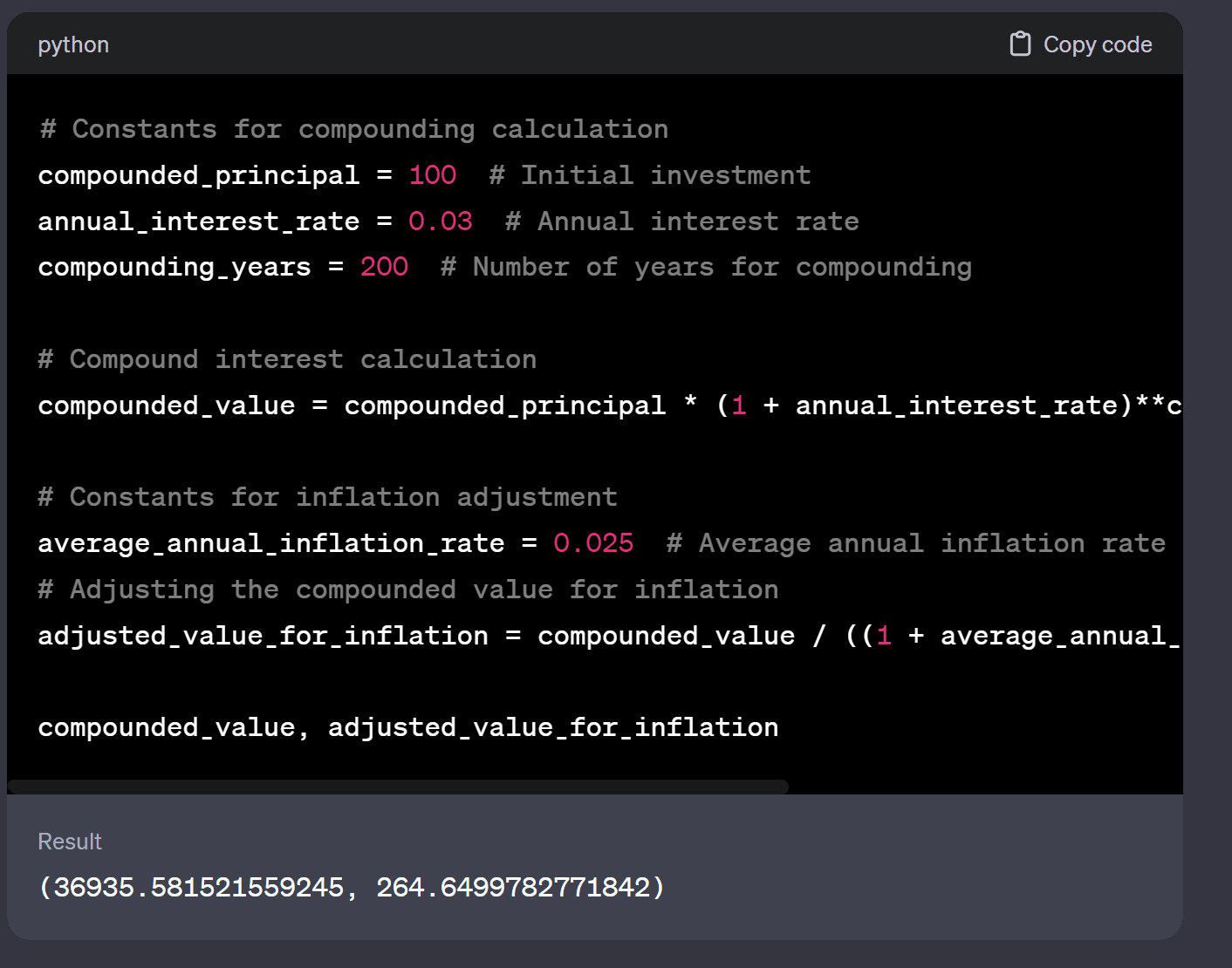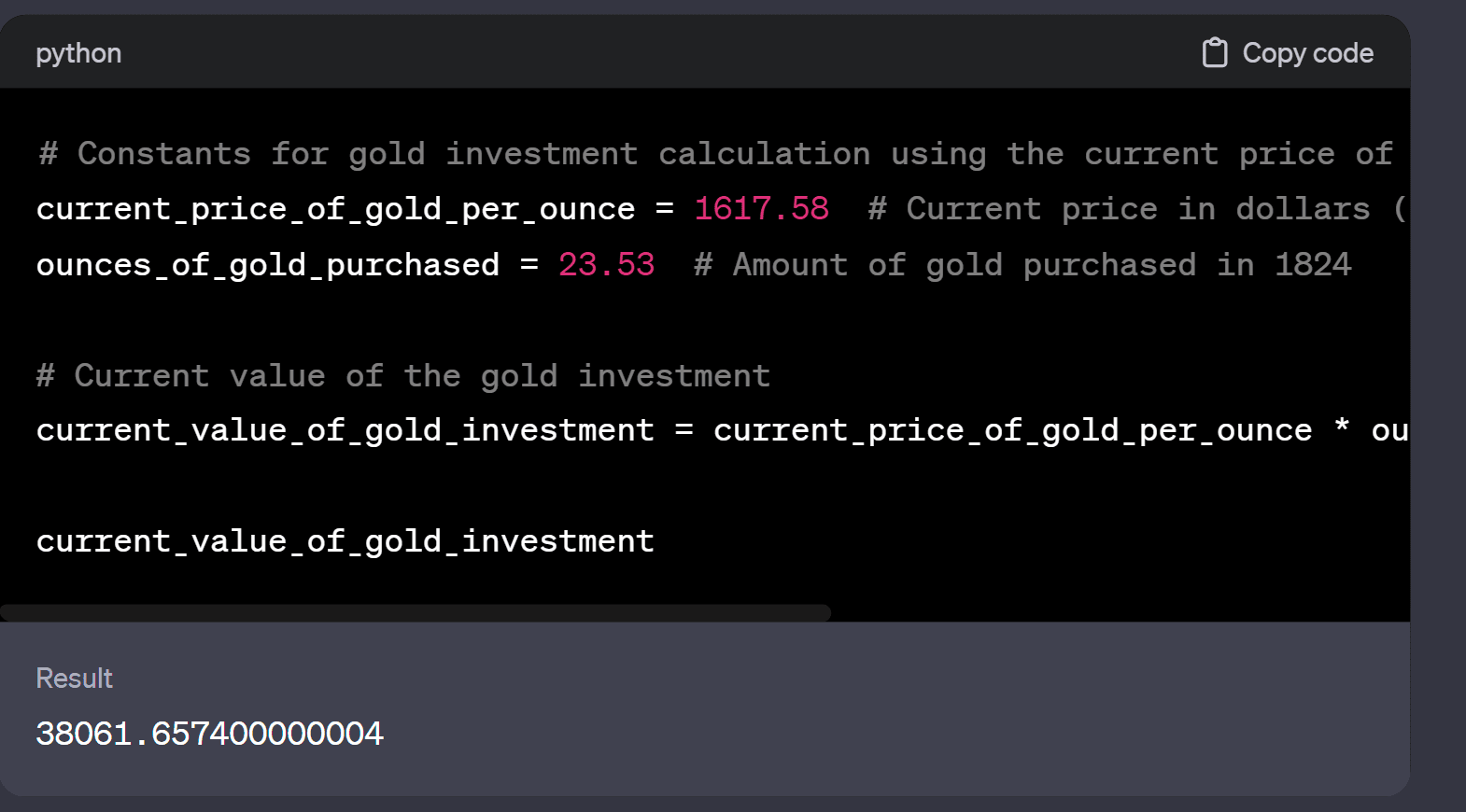One common theme that I come across quite a bit in the prediction market space is:
Prediction markets would solve [x][1]
And the proposal for "solving" [x] is:
- Set up a prediction market
- ???
- Profit
These people need to consider the idea that "prediction markets aren't as popular as you think because they aren't as good as you think". (And I say this as a person who is a big fan of prediction markets!) If you think prediction markets are valuable, it's likely because you think they price things well - probably due to some kind of market efficiency... well why hasn't that efficiency led to the creation of prediction markets...
Where are all the prediction markets?
Maybe if prediction markets aren't popular for your specific use-case, it's because prediction markets are less efficient.
The cost to markets of acquiring information is high
Prediction markets are very good at enabling diverse participants to ensemble their forecasts in sensible ways. However, they are not very good at compensating participants[2].
Simple example - all information from the same source
For example, consider a market on a coin flip, with some unknown probability p of heads. The market will resolve based on the outcome of a single coin flip. However, the coin is available for anyone else to come over and test, but there's a catch. You have to pay to flip the coin. How many times would you flip the coin?
To make this simplified model even simpler, let's assume that participants will always take as much profit from the market as possible (eg they are risk neutral or the size of the market is small relative to their bank-roll). Under these assumptions, after each flip, the participants will move the market price to their new posterior.
Well, after n flips, the market price is going to be (this will depend on the initial prior; we can do all these calculations explicitly with a beta distribution, but it doesn't alter the result). How much should we expect this to move by paying for an additional sample?
So we should expect to move the mean by ; therefore our pnl/expected gain will be [3]. (More details in this comment) So people will keep collecting samples for the market while . Therefore we can see that, roughly speaking, we will obtain samples. But this is strictly much worse than if, rather than seeding the market the liquidity provider just went out and collected
samples.
One other thing to notice about this model of the prediction market is that early participants benefit much more than later participants. (This appears to be a general "problem" with markets where the subsidies accrue to the fastest players rather than those adding the most information[4]).
Additional theoretical justification
In our first example, we have given all the advantages to the market. There is one source of information, it is passed immediately between all participants (if there were only one participant, the market would work just as well) and, the cost of collecting data is known upfront. Any duplication of effort is inefficient from the point of view of the market subsidizer. From the point of view of any participant, their participation must be EV positive (in effort terms), but their EV must be equal to the EV lost by the market subsidizer. Therefore, any duplication of effort must be a direct cost born by the subsidizer.
Concrete Example - Manifold.Love
To come back to the example that convinced me, this article needed writing: Manifold.Love. I am assuming you're familiar with the premise. "Dating app powered by prediction markets."
My (simplified) model for dating apps is roughly speaking:
- Collect data on users (pictures, profile text, age, gender, location, etc.)
- Collect more data on users (who they swipe on, who they message, who swipes on them, who messages them)
- Propose matches between users based on some probability that you expect users to swipe on each other.
How does a prediction market improve any of these steps? For the first two, I expect it to be strictly worse: users might be comfortable sharing their data with Match Group, but they are less likely to be keen to have all their data fully public. (I expect even relatively open people to be less keen on fully public message logs!)
And for the 3rd point? To come up with better probabilities, the market participants need to outdo Match Group's private algorithms. which will use a far greater dataset and gets to internalize all of the cost. None of the square-root inefficiencies here, or all the subsidy being taken by the first bot to smash every potential pairing down to 1%.
Where should we expect to see prediction markets?
My mental model for where prediction markets are likely to be successful is, therefore, places where the subsidy is cheap. Some examples of places where we might find this:
- Where the prediction market is a side-effect. (i.e., large cross-subsidies)
- Where there should be persistent mispricing due to misweighted demand
- Where there is a lot of noise traders
- Where information is dispersed
Financial markets hit all 3 of our criteria. (The main purpose is not for forecasting; risk-premia means that there is plenty of positive-sum cash flowing around, and there are plenty of noise traders!)
Other areas where we expect to see prediction markets (and do):
- Insurance mostly from 2.
- Sports betting / any kind of fun gambling (mostly from 3)
- Political betting (mostly from 3 and 4)
- ^
The post which triggered me to write this was this one, but this comes up all the time.
- ^
Just ask anyone who's tried to come up with a scoring rule for a forecasting competition's prizes
- ^
To see this, bear in mind that pnl is equivalent to score for a proper scoring rule, and that locally our scoring rule must be of the form , since lower order terms would either be free money, or free money for shifting the market in one direction
- ^
I have a barely fleshed out idea here which is a more formal justification for replacing continuous time trading with periodic auctions than I see floated by most proponents of that idea. I have an even less well fleshed out idea that the market is currently doing that by itself. There has been a trend towards more volume shifting to opening and closing auctions.


If you have another suggestion for a title, I'd be happy to use it